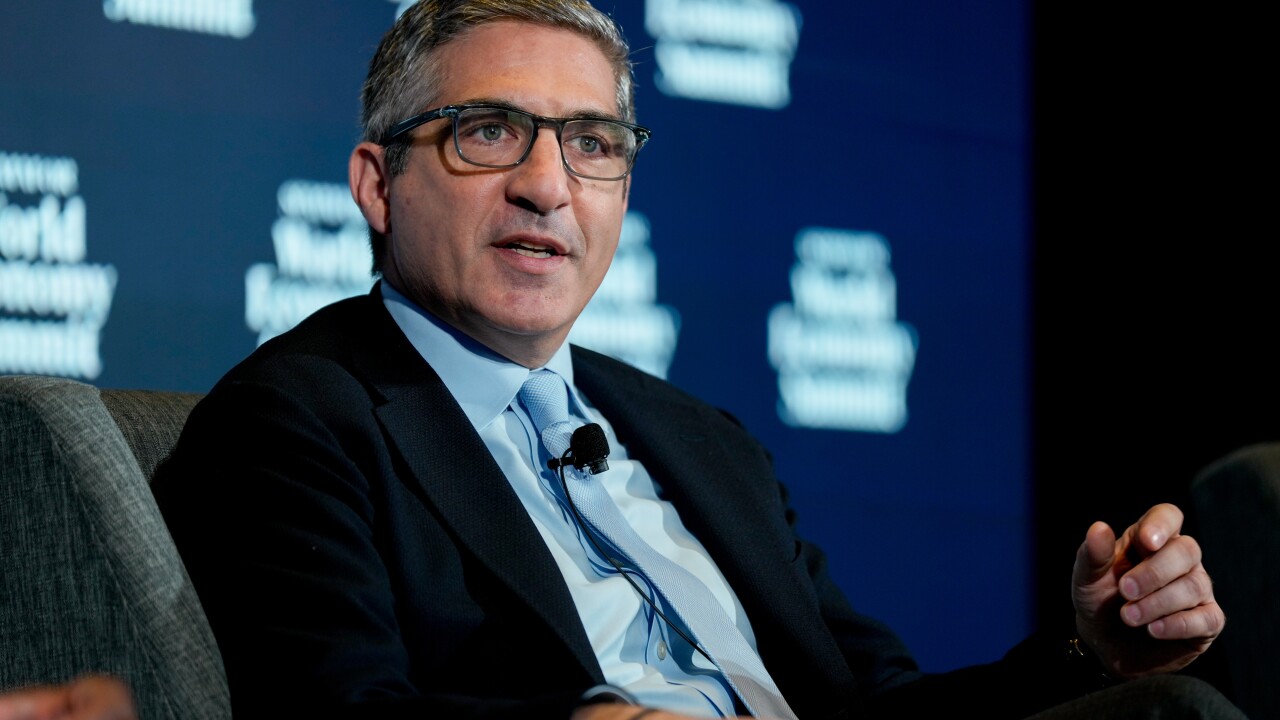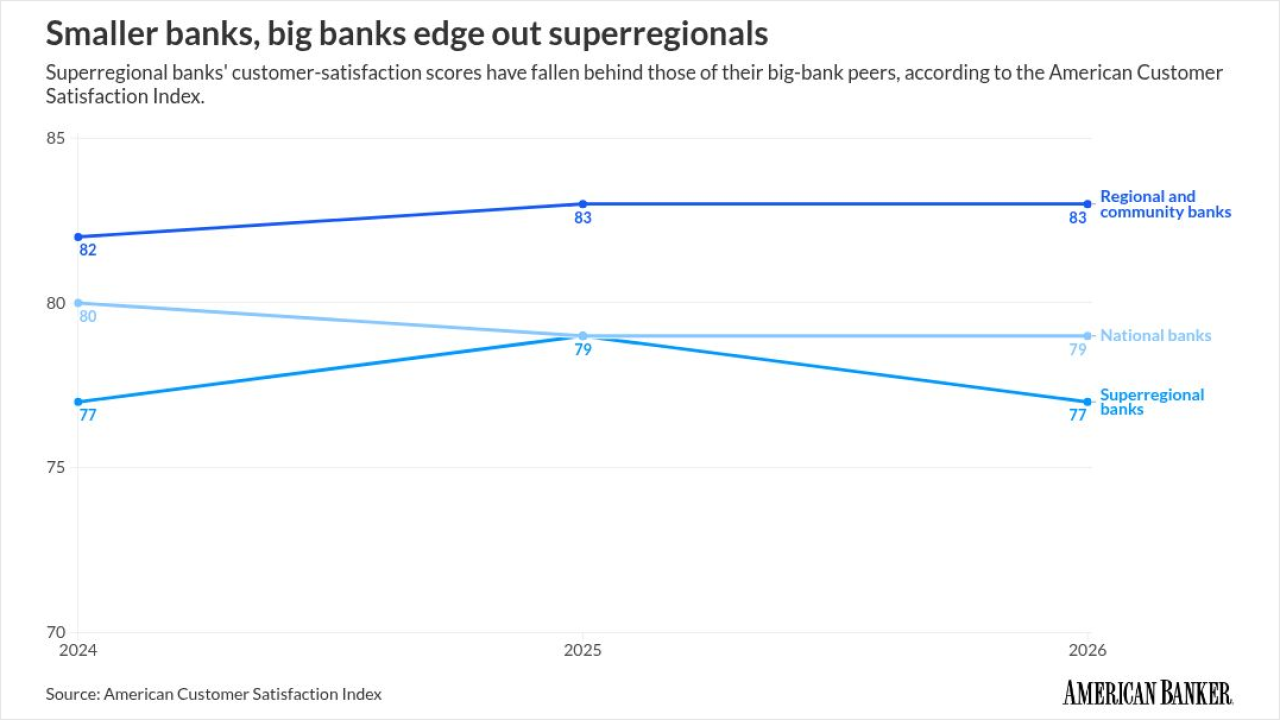
Some years back I was paying my child's nursery school tuition when I saw a new notice attached to the bill: For families paying with a credit card, an additional 5% fee will be added to account for interchange fees. Alternatively, families could pay by check and pay no fee. I did some quick back-of-the-envelope math and realized that the convenience of paying with my credit card would cost about $80, which was more than enough incentive for me to dig out the checkbook.
It may just be me, but it feels like interchange fees have gone from a back-end payments cog that I never thought about much to a more omnipresent hassle in daily life. Total swipe fees
Part of the basis of that suspicion is that the
But that's not all. The
There are two distinct impressions that I derive from this landscape: That interchange fees are too high, and there are too many competing efforts to bring those costs to heel.
I suspect many readers of American Banker winced when I said that credit card fees are too high just now, and might argue that those fees in fact are fair, well-calibrated and representative of the costs of providing the convenience and security that the public has come to expect from its payments networks. But a price is not based entirely on cost of inputs, production and labor — it is also a representation of what a buyer is willing to pay. The general public's appetite for higher costs of things is never all that robust, but at this moment in time the public is especially sensitive to why they pay so much for things that used to not be so expensive. That's the kind of gripe that lawmakers and regulators listen to, which is why we now have a central bank, at least two states and a little more than a dozen members of Congress working to do something about it.
Which brings me to my second point: There are too many cooks in the interchange kitchen. The Fed, for its part, is charged with setting the maximum fees for debit transactions and is within its rights to do so. If their analysis finds that those maximum fees are too high, they are free to adjust them downward — and banks will see them in court. Congress likewise has the power to decide how and under what terms interstate commerce is conducted, and certainly payments networks fall under that jurisdiction.
Individual states certainly have a right to establish their state budgets and collect sales taxes, but I'm not as sure that these forays into dictating the terms of swipe fees have as firm a legal footing. Regulating intrastate commerce — in the form of aforementioned sales taxes, for example — is one thing, but the upshot of exempting said taxes and tips from interchange fees is either that merchants have to conduct two transactions for every sale or that credit card networks have to develop an entirely new system that can differentiate between sales, taxes and tips — all so that merchants can run some of those payments on their rails for free. And because so many transactions occur across state lines, the likelihood of this provision being successfully challenged in court as a violation of the interstate commerce clause seems high.
Ironically, Illinois' attempt to light the way on interchange fees may create a sense of urgency in Congress to revisit swipe fees and preempt that action — an urgency that Durbin-Marshall has to this point conspicuously lacked. It is also ironic that the place where this kind of national commerce issue can be most comprehensively






